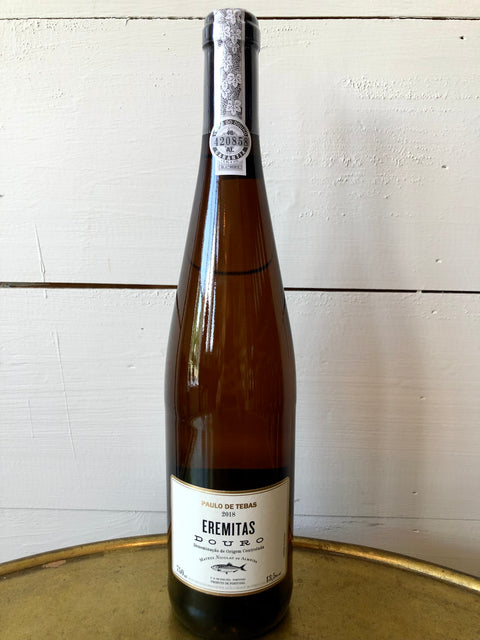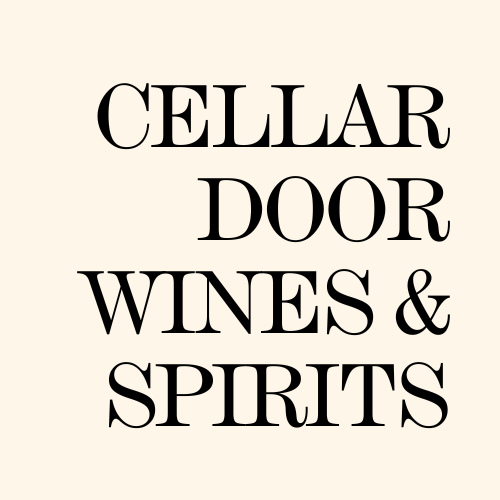
Mateus Nicolau De Almeida, Eremitas Douro Paulo De Tebas 2018
Grower: Mateus Nicolau De Almeida
Region: Douro, Portugal
Grape Varieties: Rabigato
Viticulture: Organic, Biodynamic
Category: White
Size: 750ml
Mateus Nicolau de Almeida, of a family with long ties to the Douro, has two new projects which are as exciting as anything his family has done in the past: the Trans Douro Express, and the Eremitas (Hermits). The Almeida clan owned Ramos Pinto and the family is still responsible for the winemaking at that reputable Port house; Mateus’ grandfather made Barca Velha, arguably the most iconic and historically important dry wine made in the Douro, paving the way for all that came after him. More recently, in 1994, Mateus’ father, João Nicolau de Almeida, created Quinta do Monte Xisto in a vineyard he planted in Vila Nova Foz da Côa, in the Douro Superior. The Quinta covers nearly 100 acres, with roughly twenty-five acres dedicated to vines. The farming is organic, and biodynamic practices are also used. Plants are treated with cactus tisane and eucalyptus, all sourced locally from the trees that share the land with the vines.
It is in this biodiverse environment that Mateus now lives with his wife, the Spanish winemaker Teresa Ameztoi, and their young children, continuing the “vigneron” tradition his family fostered in the region. After literally burying his winery in the brute schist, he started exploring the terroir around him with the help of his sister Mafalda, trying to extract from his grapes the identity of the three different sub-regions of the Douro: the Baixo Corgo, the Cima Corgo, and the Douro Superior.
The results are the wines labelled under Trans Douro Express (red wines made from the Douro native grapes, Touriga Nacional, Touriga Franca, Tinta Roriz, Tinta Barroca, Sousao) and Eremitas (three white wines from different plots in the Douro Superior, made from the elegant and noble Rabigato.) Mateus calls the Trans Douro wines his “climate” wines, as they’re influenced by three different micro-climates. The Baixo Corgo sees a mix of Mediterranean and Atlantic weather, the Cima Corgo more purely Mediterranean, and in the Douro Superior the climate becomes more Continental. He likes to think of the Eremitas as “soil” wines, since they come from basically the same vineyard planted on schist, but each one of the wines is sourced from different plots with nuances that distinguishes them.
100% Rabigato. From a vineyard situated at 500 meters with deep soils. The wines in the Eremitas line are all made the same way, with the fruit macerating on skins for a few hours in a granite basin. After pressing, the wine is racked into concrete vats where it ferments spontaneously without temperature control. Sees no oak. The Eremitas wines are named after the early Christian monks known as the desert monks, who isolated themselves in the desert meditating and searching for enlightenmen
